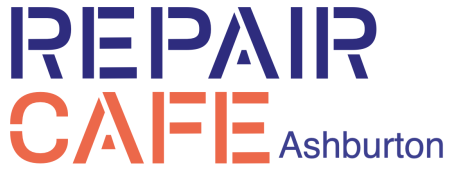Safeguarding – children
Safeguarding – children
This policy sets out our approaching to safeguarding.
Introduction:
Ashburton Repair Café (ARC) abides by the duty of care to safeguard and promote the welfare of children and young people and is committed to safeguarding practice that reflects statutory responsibilities, government guidance and complies with best practice requirements.
- We recognise the welfare of children is paramount in all the work we do and in all the decisions we take;
- All children, regardless of age, disability, gender reassignment, race, religion or belief, sex, or sexual orientation has an equal right to protection from all types of harm or abuse;
- Some children are additionally vulnerable because of the impact of previous experiences, their level of dependency, communication needs or other issues;
- Working in partnership with children, young people, their parents, carers and other agencies is essential in promoting young people’s welfare.
Purpose:
ARC will:
- Protect children and young people who receive ARC’s services from harm. This includes the children of adults who use our services
- Provide trustees and volunteers, as well as children and young people and their families, with the overarching principles that guide our approach to child protection;
- Ensure that no-one works on their own with minors.
This policy applies to anyone working on behalf of ARC, including trustees and volunteers. Failure to comply with the policy and related procedures will be addressed without delay and may ultimately result in dismissal/exclusion from the organisation.
Definitions:
The Children Act 1989 definition of a child is: anyone who has not yet reached their 18th birthday, even if they are living independently, are a member of the armed forces or is in hospital.
Adult at Risk:
- An adult who has needs for care and support (whether or not the authority is meeting any of those needs),
- is experiencing, or is at risk of, abuse or neglect, and
- as a result of those needs is unable to protect himself or herself against the abuse or neglect or the risk of it.
Child and Adult Abuse:
Children and adults may be vulnerable to neglect and abuse or exploitation from within their family and from individuals they come across in their daily lives. There are 4 main categories of abuse, which are: sexual, physical, emotional abuse, and neglect. It is important to be aware of more specific types of abuse that fall within these categories, they are:
- Bullying and cyberbullying
- Child sexual exploitation
- Child Criminal exploitation
- Child trafficking
- Domestic abuse
- Female genital mutilation
- Grooming
- Historical abuse
- Online abuse
Safeguarding children:
Safeguarding children is defined in Working Together to Safeguard Children 2018 as:
- protecting children from maltreatment.
- preventing impairment of children’s health or development.
- ensuring that children are growing up in circumstances consistent with the provision of safe and effective care.
- taking action to enable all children to have the best outcomes.
Legal Framework:
This policy has been drawn up on the basis of legislation, policy and guidance that seeks to protect children in England. A summary of the key legislation is available from nspcc.org.uk/learning.
ARC should have in place arrangements that reflect the importance of safeguarding and promoting the welfare of children and young people as well as vulnerable adults.
Radicalisation:
Children can be exposed to different views and receive information from various sources. Some of these views may be considered radical or extreme.
Radicalisation is the process through which a person comes to support or be involved in extremist ideologies. It can result in a person becoming drawn into terrorism and is in itself a form of harm.
Extremism is vocal or active opposition to fundamental British values, including democracy, the rule of law, individual liberty and mutual respect and tolerance of different faiths and beliefs.
Training and Awareness:
ARC will ensure an appropriate level of safeguarding training is available to its trustees and volunteers and any relevant persons linked to the organisation who requires it (e.g. contractors).
For all volunteers who are working or volunteering with children, this requires them as a minimum to have awareness training that enables them to:
- Understand what safeguarding is and their role in safeguarding children.
- Recognise a child potentially in need of safeguarding and take action.
- Understand how to report a safeguarding Alert.
- Understand dignity and respect when working with children.
- Have knowledge of the Safeguarding Children Policy.
Similarly, volunteers may encounter concerns about the safety and wellbeing of an adult at risk of abuse. For more information about adults safeguarding, refer to ARC Adults Safeguarding Policy.
Confidentiality and Information Sharing:
ARC expects all employees, volunteers and trustees to maintain confidentiality. Information will only be shared in line with the General Data Protection Regulations (GDPR) and Data Protection.
However, information should be shared with the Local Authority if a child is deemed to be at risk of harm or contact the police if they are in immediate danger, or a crime has been committed. For further guidance on information sharing and safeguarding contact the lead for safeguarding.
Recording and Record Keeping:
A written record must be kept about any concern regarding an adult with safeguarding needs. This must include details of the person involved, the nature of the concern and the actions taken, decision made and why they were made.
All records must be signed and dated. All records must be securely and confidentially stored in line with General Data Protection Regulations (GDPR).
Safe Recruitment & Selection:
ARC is committed to safe recruitment practices (of volunteers) that reduce the risk of harm to children from people unsuitable to work with them or have contact with them. DBS checks on volunteers if working alongside children unsupervised by an adult with a DBS check.
Use of Mobile Phones and other Digital Technology:
All trustees and volunteers must understand that the use of mobile phones and any digital technology to photograph children and young people without the explicit consent of the person with parental responsibilities is unlawful.
Whistleblowing:
It is important that people within ARC have the confidence to come forward to speak or act if they are unhappy with anything. Whistle blowing occurs when a person raises a concern about dangerous or illegal activity, or any wrong- doing within their organisation. This includes concerns about another trustee or volunteer. There is also a requirement by ARC to protect whistleblowers.
Devon Children and Families Partnership:
https://www.dcfp.org.uk/training-and-resources/policies-and-procedures/
Important Contacts:
Designated Trustee Lead for Safeguarding
Name: Lynne Holmes
Email address: hello@ashburtonrepaircafe.org.uk
Devon Social Services
Phone: 0800 212783.
Email: customer.relations@devon.gov.uk.
Police
Emergency – 999
Non-emergency – 101
Telephone: 0808 2000 247
https://www.nationaldahelpline.org.uk/
How to get involved
We are always looking for volunteers, so if you have experience in anything, please reach out and get involved. We are solely reliant on our volunteers and their expertise. Come and be part of the repair revolution!
Community Reviews
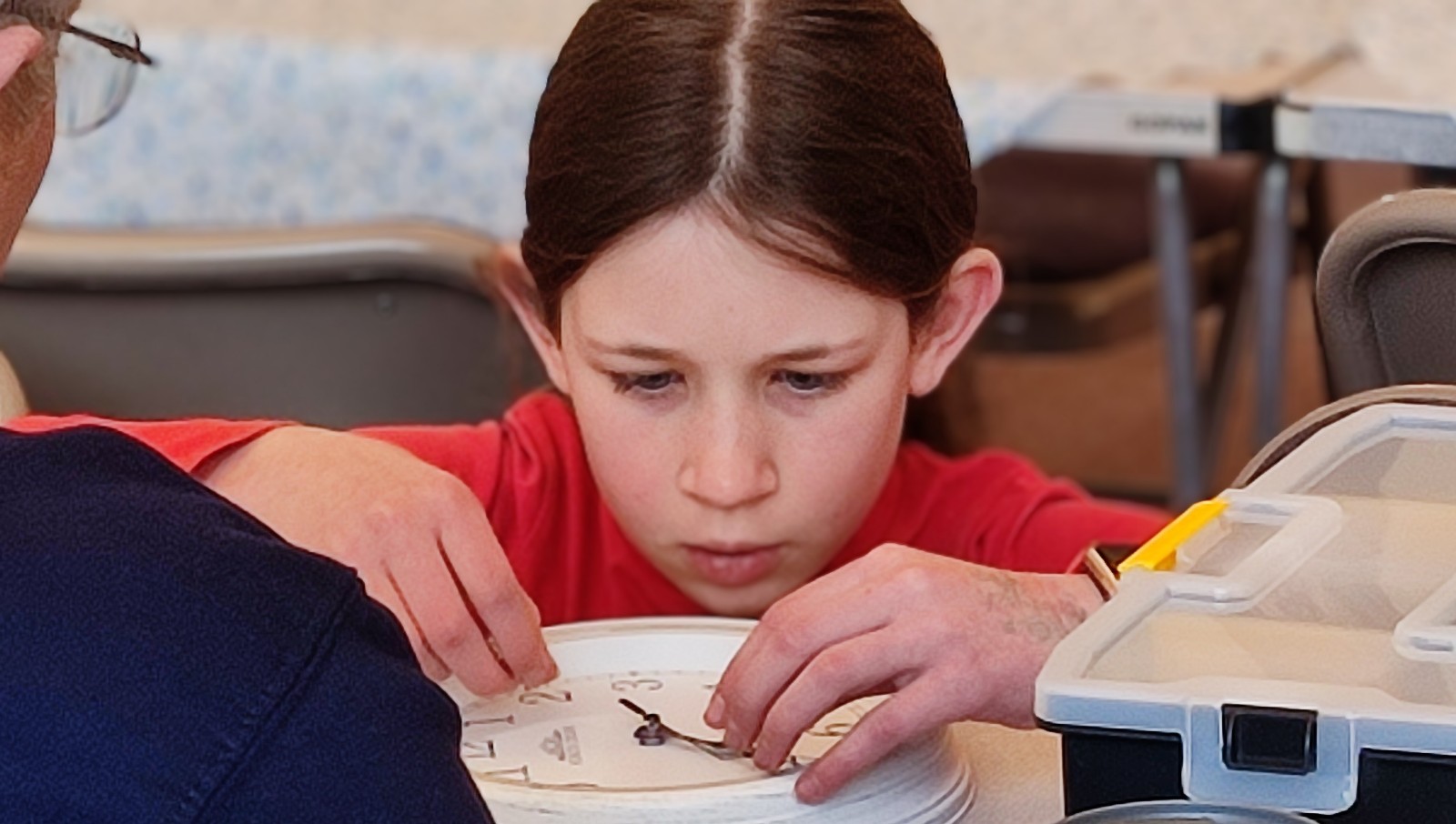
We want to hear from you....
We'd like to hear about your experience of the Repair Cafe. Please contact us and let us know.
Here are some of the comments we've received already.
We have been to the repair café a few times and love its buzzy, purposeful and friendly atmosphere. We have been so impressed by the results, tools and scissors sharpened and help with finding the best and most cost effective way of fixing a food processor. I would recommend anyone to take their broken or damaged articles along to see what can be done with them.
Judy
‘I have found the Repair Cafe exceptionally useful. Very pleasant atmosphere and splendid expertise. I shall carry on using it!'
John B
Elizabeth
Our Amazing Sponsors
We rely on donations to cover our operating costs. Thanks to everyone who supports us.
Also we’ve had great support from:

Falcon Digital

Climb / Grey Matter
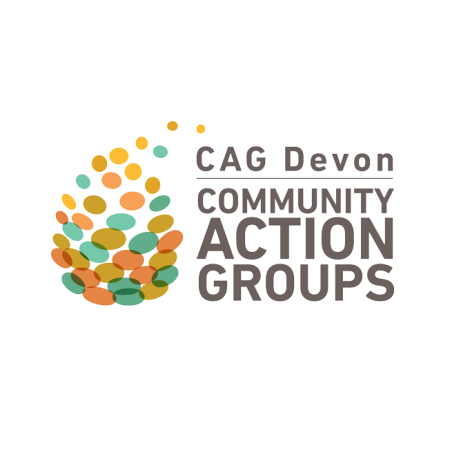
CAG Devon

Glendinning's

Tucker's Country Store

Howdens
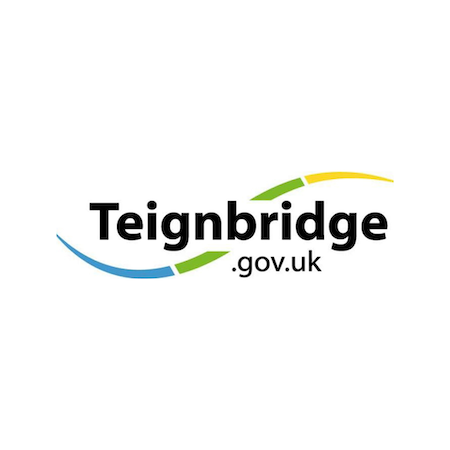
Teignbridge District Council
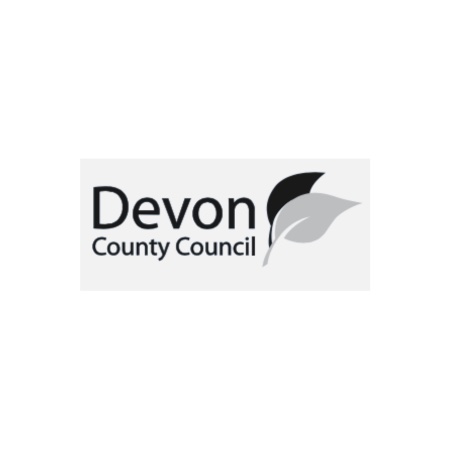
Devon Locality Fund
Join our mission. Volunteer, Donate, Advocate. Get Started Today.
Get in touch via our contact form
Telephone: 07761 045146
Account:
My Accounts
Login/Register
Basket
My Repairs
Ashburton Repair Cafe is a Charitable Incorporated Organisation number 1202475
